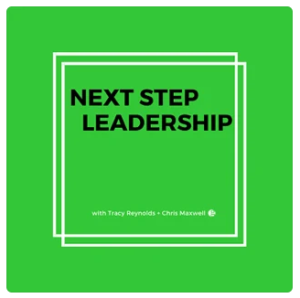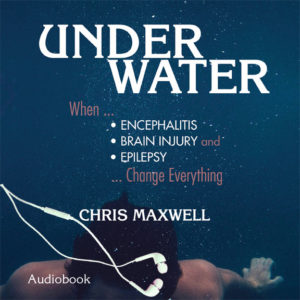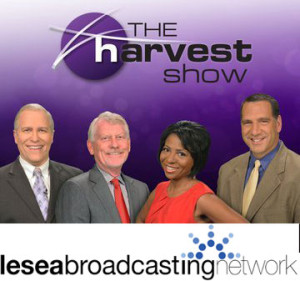I wrote in my blog a story titled, “The Drought of Relationships.” A few words prayed deeply, honestly, desperately by a friend prompted that story. Many years of ministry and many friends living in isolation remind me we need more of that story.
My accountability team met together early in our normal place. Sitting, talking, asking, thinking, discussing, evaluating, confronting, praying. During the prayer time, my friend requested for the Listener to end a drought many people were enduring. Not a dreaded drought related to weather, lack of moisture, and dangerous consequences of health.
He prayed for the end of a different type of drought. He asked God, “Please end the drought of relationships.” 
Those words didn’t leave me. I saw, and see, such a drought in so many lives. Lonely people stay very busy. Avoidance, lack of honesty, the refusal to be authentic and transparent, keeping one’s distance. These actions describe today’s status for too many lives. Past hurts influence present behavior which prohibits possible relationships. Pain—deep, deep pain—is allowed to remain alive. Rather than risking another hurt, another disappointment, and another scar, humans tend to choose isolation. Instead of recovery and forgiveness, our lives’ stinging narratives invite many pastors to keep relationships on the surface.
That isolation is hidden well. It is masked by humor and hurry, by religion and business, by control and dependence, by obsession and avoidance, by lies and political correctness, by a rapid pace and common numbness. Deep inside, the longing grows.
People—we—are made to live in the plural, not the singular. People—we—crave community. And, the same people have been hurt so deeply in relationships they—we—often maintain a distance. Considering it a safe distance, those avoiding choose to cope by dull religion, surface relationships, and shallow conversations.
What about you? Do you have a friend who allows you to speak honestly? A friend who refuses to gossip, preach, condemn, or turn away from the relationship? Do past hurts control present decisions? Have you recently spoken hateful words about another person, then finally realized those words came from the storage of wounds from your past? Are you willing to forgive those who haven’t asked for forgiveness and haven’t admitted to doing wrong?
Come up with more questions of your own. Think and ponder and consider. Evaluate yourself. Not someone else. Yourself. And pursue friendship. Deep, sincere, transparent friendships.
It is not good that we dwell alone. It is not good that we have only surface friends, narrow friends, or fake friends. We need friends. Seek counseling. Seek advice. Seek change. Seek friends. As Bishop Ray Willis says, “Don’t live as independent people. Relationships make you stronger.” Together, let us begin pursuing an end to this drought.
This week’s spiritual discipline is Spiritual Friendships. Today’s blog is from the book Pause for Pastors.










In all honesty, I am going through a lot of pain of right now. It isn’t easy. A past relationship that still has fresh wounds has hurt me and cut me deeply. It is almost as if no matter how hard I try, I can’t escape the grips of it. The pain, and the hurt, and the emptiness I feel from it is almost too much to handle at times. It causes me to lose motivation and not want to do anything at all except dwell on it and dwell on the hurt. I have real friends that I can talk to and I have gone to a counselor, but it doesn’t seem to help me. I can’t escape the pain it brings me and the hurt is so bad, it seems like I could never forgive that person. No matter how hard I try, it doesn’t get better. As soon as things start to look up, something happens and I’m right back where I started. It has caused so many problems for me. It seems no matter how much I talk about it, nothing changes. It’s like talking about it makes it worse, but keeping it bottled up inside makes it worse too. How do I not let it effect me so much? How do I get over it? What can I do to make it better and make the pain go away so I can focus again on the things that actually matter? How do you forgive someone who hurt me so bad and continues to hurt me? Even though I know I have people here for me, it still feels like I am alone.
In my experience, sometimes the pain is so deep we have to start by asking Jesus to help us to WANT to forgive them. Then the next step is to ask HIM to help us forgive them. Then we forgive them because that’s what the Bible says to do- NOT because they deserve it. Then remember several things: when you forgive someone, you are NOT saying what they did is ok, ( That was important for me to know) you are also not saying that you will be their friend again, but… forgiving frees you most of all!! That’s what the devil does NOT want- for you to be free again. It does take a lil time sometimes but we also have to remember what the Bible says “Forgive so we can be forgiven” somewhat like that. Hope this helps and I KNOW it’s not as easy as it sounds.